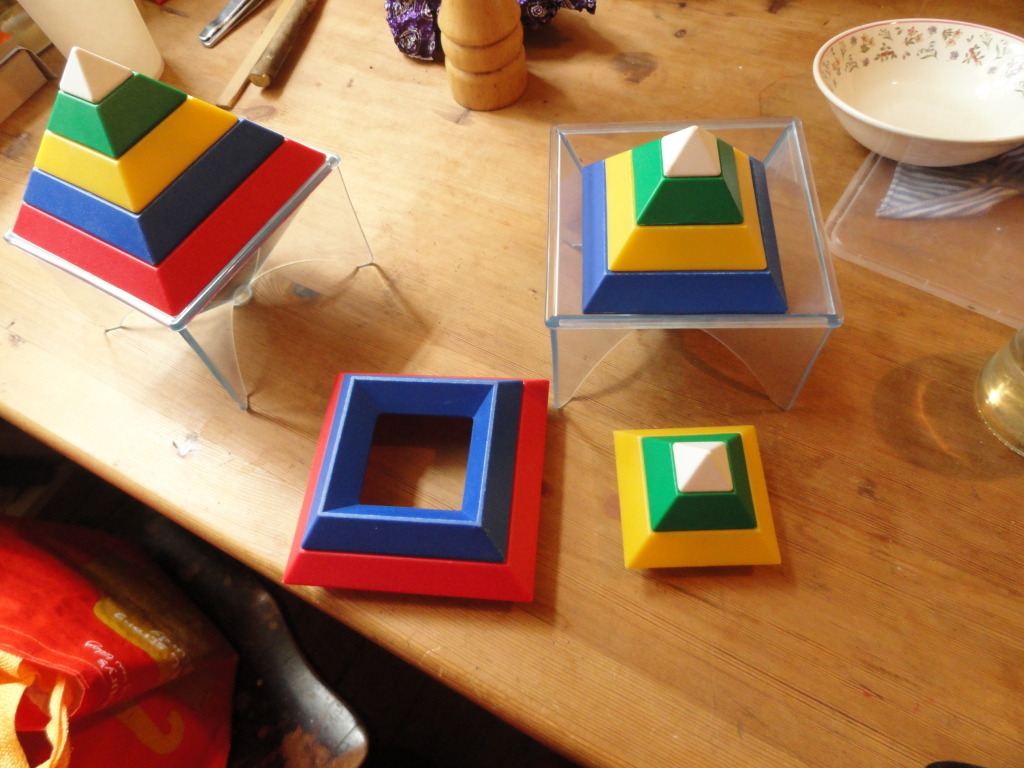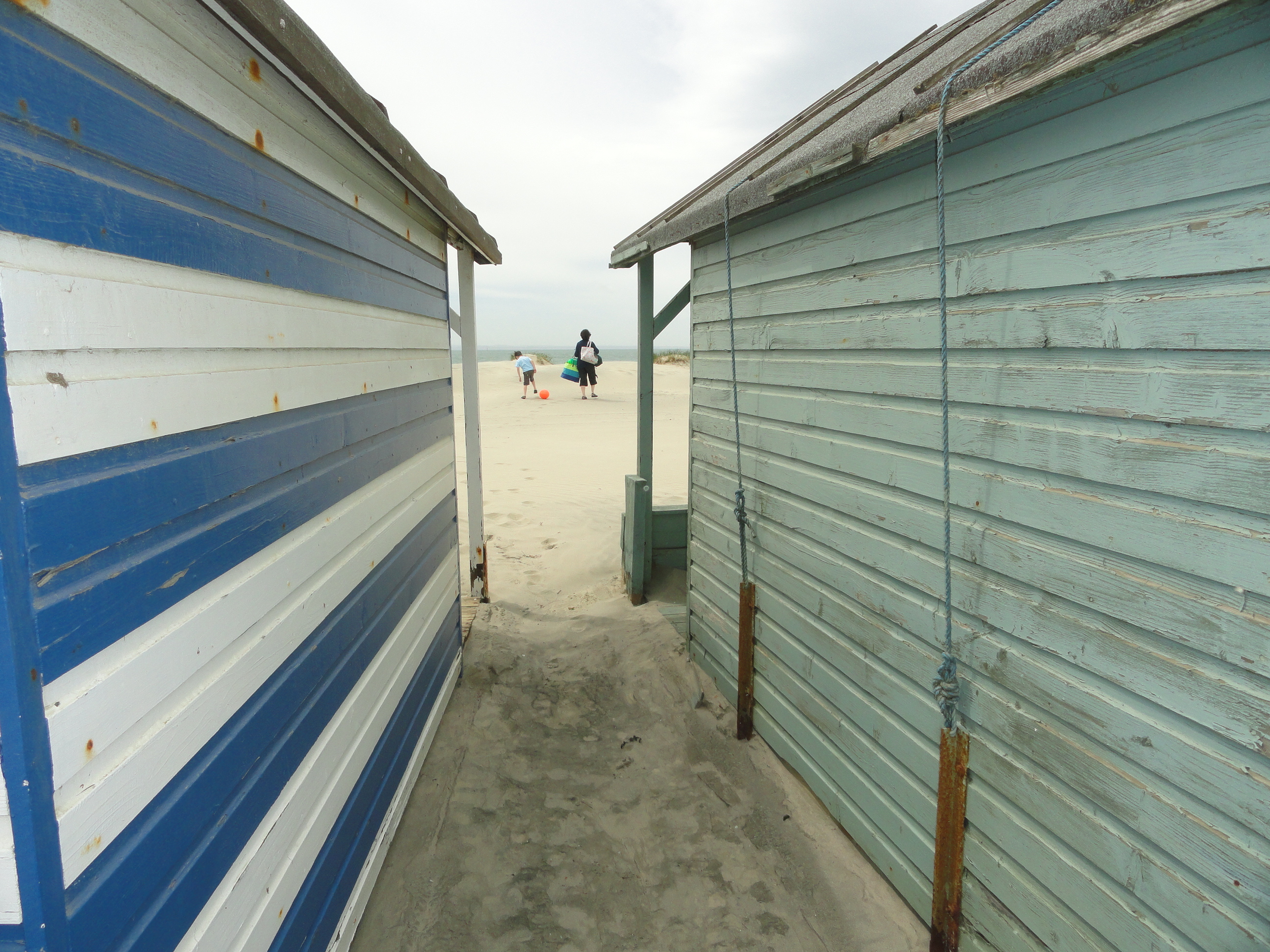That's all it takes. If one thing makes you think of another thing, you form a connection between them in your mind. The more connections you have, the better access you have to cross-connections. The more things something can remind you of, the more you know about it, or are learning about it.
Flat representations can't show these connections. Neither could an elaborate three-dimensional model, because when you consider what a thing is or what it's like, you not only make connections with other concepts, but experiences and emotions. You will have connections reaching into the past and the future, connections related to sounds, smells, tastes and textures. The more you know about something, the more you can know, because there are more and more hooks to hang more information on—more dots to connect.
photo by Sandra Dodd, of a gate at Yarrow Manse
__







